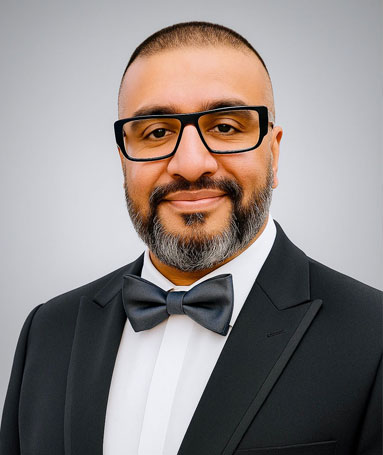Gambling Addiction Treatment in Delhi - Hope Rehab & Wellness
What is Gambling Disorder?
Gambling disorder is a recognised behavioural addiction defined by persistent, recurrent gambling behaviour that leads to clinically significant impairment or distress. It often presents with financial loss, relationship conflict, secrecy and deterioration in work or academic performance. Gambling problems can include casino gambling, sports betting, online wagering, lotteries and peer-to-peer betting.
People typically seek help when debts accumulate, when dishonesty increases, or when daily functioning is affected. Our team uses validated screening tools and a thorough psychiatric and medical assessment to create a personalised treatment plan that addresses both behaviour and its root causes, such as mood disorders, trauma, or substance misuse.
Our Gambling Addiction Treatment Program
Hope Rehab & Wellness provides a stepped, evidence-based programme tailored to each person’s needs. Components include:
- Comprehensive intake & assessment: DSM-5 criteria review, PGSI or equivalent measures and risk/safety planning.
- Medical & psychiatric evaluation: screen for depression, anxiety, bipolar disorder or substance use disorders.
- Cognitive Behavioural Therapy (CBT): cognitive restructuring, behavioural experiments and relapse-prevention skills specific to gambling.
- Motivational Interviewing (MI): enhance readiness and engagement in change.
- Financial rehabilitation: debt triage, budgeting, creditor negotiation support and financial literacy workshops.
- Family & couples therapy: repair relationships, reduce enabling behaviours and offer psychoeducation.
- Group therapy & peer support: structured therapy groups and links to Gamblers Anonymous and local support networks.
- Medication management: psychiatry-led pharmacotherapy when indicated for co-occurring conditions.
- Aftercare & relapse prevention: outpatient follow-up, booster sessions and community linkage.
Best Rehab Center in Delhi
If you are searching for the best rehab center in Delhi, Hope Rehabs & Wellness is the right place for you. Our Delhi facility combines medical excellence with luxury comfort. Whether you are dealing with drug abuse or mental health challenges, we provide evidence-based treatment with a focus on sustainable recovery..






